
The PAC offers high caliber arbitration services and advanced digital infrastructure and will soon offer modern physical facilities as well as a variety of related professional services.
In December 2017, the Próspera ZEDE, which is based in Roatán, Bay Islands, Republic of Honduras, became the first Zone of Employment and Economic Development (Zona de Empleo y Desarrollo Económico) (“ZEDE”) officially authorized by the Government of Honduras pursuant to constitutional reform and the Organic Law. In late 2019, the Próspera ZEDE, through its general services provider, contracted the PAC as the default arbitration services provider for the Próspera ZEDE required by the Organic Law. As a result, the PAC is authorized to decide all cases of a contractual nature arising in the Próspera ZEDE unless specifically stipulated otherwise.
Its historic role as the first default arbitration services provider pursuant to the Constitution of the Republic of Honduras and the Organic Law also positions the PAC to resolve disputes in current and future special economic zones in Central America. In due course, the PAC expects to provide arbitration services to individuals and companies involved in disputes throughout Latin America and around the world, leveraging international accords, such as the New York and Panama Conventions, to ensure enforcement of awards internationally.
Key Features
Jurisdictional Authority
The seat of arbitration is the Próspera ZEDE, an autonomous, common law based and English and Spanish-speaking jurisdiction in the Caribbean
Expert Arbiters
The arbiters are illustrious legal experts and practitioners predominantly from common law jurisdictions, including Australia, Europe, and the United States, who have evidenced their unwavering life-long commitment to the Rule of Law
International Enforcement
Awards of the PAC are enforceable internationally pursuant to the New York and Panama Conventions
The Digital Age
Its genesis in the digital age enables the PAC to leap-frog outdated technologies to become one of the most technologically advanced arbitration centers in the world
Incorporation of
Technological Features
The genesis of the PAC in the digital age enables it to leap-frog outdated technologies to become one of the most technologically advanced arbitration centers in the world. It is currently formalizing relationships with key partners, including in Silicon Valley and other cradles of high-technology, to ensure that the PAC adopts the most advanced Alternative Dispute Resolution technologies available.
Our
Roster of Arbiters
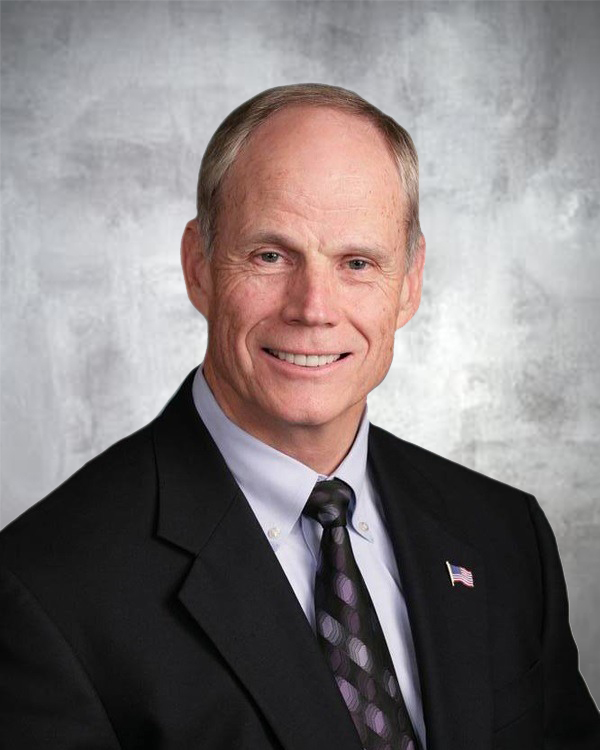
John Gemmill
Senior Arbiter
Senior Arbiter John Gemmill sat on the Arizona Court of Appeals from 2001 to 2016. His colleagues elected him Vice Chief Judge of the Division from 2003 to 2006 and Chief Judge from 2006 to 2008. Prior to this, Senior Arbiter Gemmill spent 25 years in private practice with Teilborg, Sanders & Parks, P.C., where he handled personal injury, wrongful death, product liability, insurance, and commercial litigation and obtained considerable jury trial and appellate experience, plus substantial mediation experience. He has received numerous awards, including the Judicial Excellence Award from the Arizona Association of Defense Counsel in 2014, and was inducted into the Maricopa County Bar Association Hall of Fame in 2015.
Senior Arbiter Gemmill received his B.Sc. (Agr.) and J.D. from the University of Arizona.
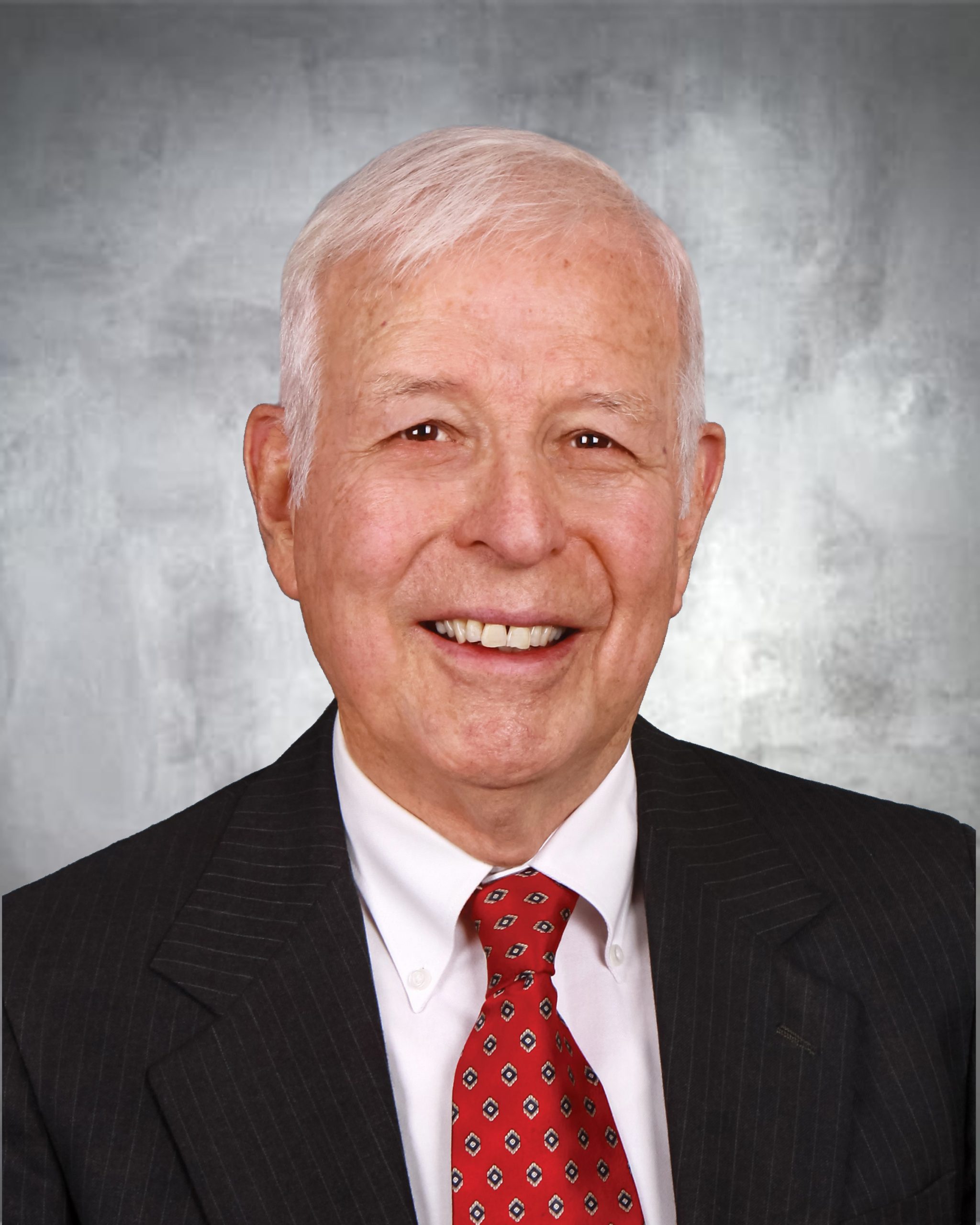
Kenneth Mangum
Senior Arbiter & Board Member
Senior Arbiter Kenneth Mangum sat on the Superior Court of Maricopa County, Arizona, from 1991 to 2011. His broad experience included serving on the four major departments of the Superior Court (i.e., civil, criminal, family, and juvenile). Prior to this, Senior Arbiter Mangum spent 13 years in private practice with Robbins & Green, from 1977 to 1990, and he also served as a Navy JAG officer from 1972 to 1976. Senior Arbiter Mangum then returned to litigation as a Deputy County Attorney in 2011, handling civil litigation and defending the county directly and its employees in trials and by motion practice. During his time on the Superior Court of Maricopa County, Senior Arbiter Mangum was honored by consistently being ranked among the highest in judicial evaluations. Senior Arbiter Mangum is a Spanish-speaker.
Senior Arbiter Mangum received his B.A. from Brigham Young University and his J.D. from the University of Chicago.

John Pelander
Senior Arbiter
Senior Arbiter John Pelander served on the Arizona Supreme Court from 2009 to 2019. Prior to this, Senior Arbiter Pelander was a judge in the Arizona Court of Appeals from 1995 to 2009. Senior Arbiter Pelander also spent 18 years in private practice, from 1977 to 1995, as a partner at Slutes, Browning Sakrison & Grant, P.C., from 1981 to 1984 and as partner at Slutes, Sakrison, Grant & Pelander, P.C., from 1984 to 1995. He has received numerous awards for his illustrious career in law, including the Citation Award, Wittenberg University, 2010; the Professional Achievement Award, University of Arizona James E. Rogers College of Law, 2010; and the Distinguished Alumnus Award, University of Arizona James E. Rogers College of Law, 2007.
Senior Arbiter Pelander received his B.A. from Wittenberg University; his J.D. from the University of Arizona; and his LL.M. from the University of Virginia.

Susanna Dokupil
Arbiter
Arbiter Susanna Dokupil currently consults on political, public relations, fundraising, and business strategy as Chief Executive Officer of Paladin Strategies. Prior to this, her myriad roles have included Special Counsel to the United States Senate Judiciary Committee in 2010, Assistant Solicitor General in the Office of the Texas Attorney General from 2006 to 2009 and Assistant Attorney General in the Office of the Texas Attorney General from 2004 to 2006. She was also a Texas State Representative candidate from 2016 to 2017 and a law clerk on the U.S. Court of Appeals for the Fifth Circuit from 2000 to 2001.
Arbiter Dokupil received her B.A. and M.A. from Baylor University; her J.D. from Harvard Law School; and her M.P.S. from George Washington University.
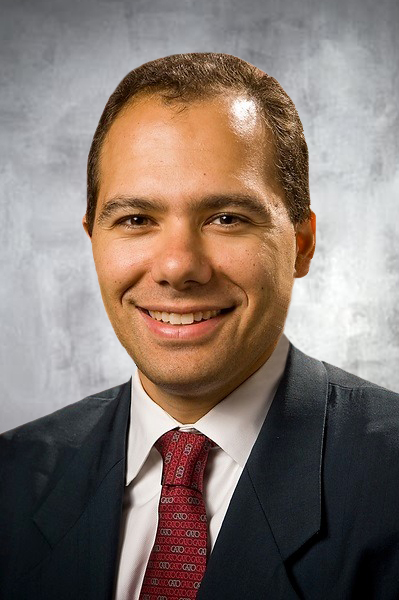
Ilya Shapiro
Arbiter & Board Member
Arbiter Ilya Shapiro is a leading U.S. and international expert on constitutional law and governance structures and the head of the Cato Institute’s Robert A. Levy Centre on Constitutional Studies. Prior to this, his myriad roles have included Special Assistant/Advisor on Rule of Law Issues to the Multi-National Force-Iraq in 2007, Adjunct Professor of Legal Research and Writing at George Washington University Law School from 2005 to 2007 and Policy Staff with Bush-Cheney ‘04. He has also held positions at prestigious law firms, including Patton Boggs LLP and Cleary, Gottlieb, Steen & Hamilton LLP, and was a law clerk on the U.S. Court of Appeals for the Fifth Circuit from 2003 to 2004. Arbiter Shapiro is a Spanish-speaker. Arbiter Shapiro received his A.B. from Princeton University; his M.Sc. from the London School of Economics; and his J.D. from the University of Chicago.
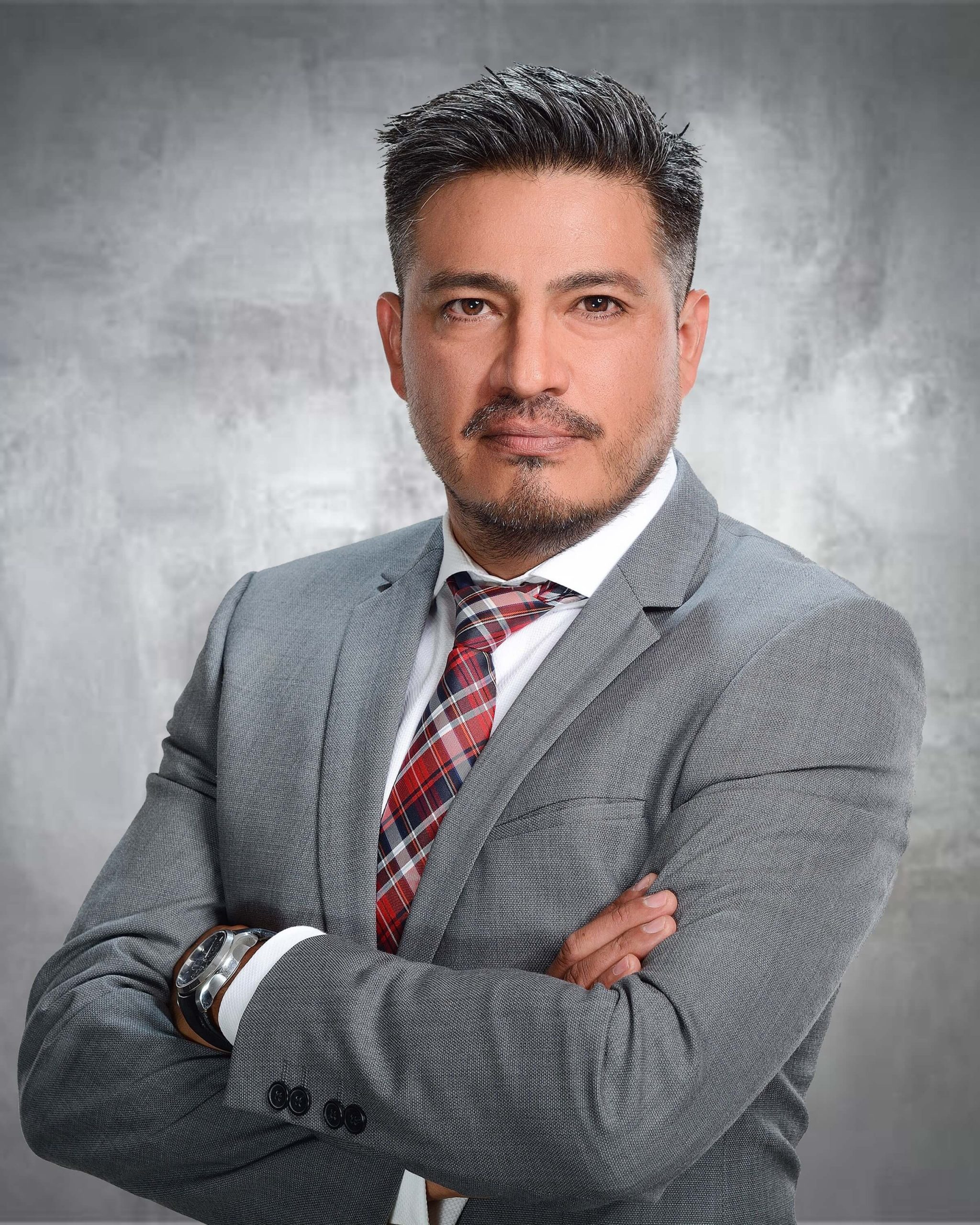
Pablo Palma
Arbiter
Arbiter Pablo Palma is a Chilean-German lawyer and has been, among other things, a partner with Palma & Palma Abogados in Germany for the last 10 years and practices primarily real estate law, inheritance law/family law, commercial law and electronic commerce. Arbiter Palma has the distinction of being the first Chilean lawyer to obtain permission from the Berlin Bar Association to act as a legal advisor in Chilean law in Germany. Arbiter Palma is a Spanish-speaker.
Arbiter Palma received his B.A. from the Universidad del Mar (Chile); his LL.M. from Humboldt University of Berlin; and his Ph.D. from the Free University of Berlin.

Martin Klapper
Arbiter & Board Member
Arbiter Martin Klapper is an Australian lawyer and works with a domestic and international client base and advises on significant mining and public infrastructure projects and disputes. With more than 30 years’ experience, Arbiter Klapper has developed a reputation as one of the most effective and sought-after energy and resources lawyers in Australia. He was named as a leading Australian Energy and Resources Lawyer in Chambers Asia-Pacific from 2012 to 2015 and 2017 to 2019 and ranked in The International Who’s Who of Oil & Gas Lawyers for many years. Arbiter Klapper received his B.A. from St. Peter's Luther College and his LL.B. from the University of Queensland.

Mark Higgins
Arbiter
Arbiter Mark Higgins has been an Australian barrister at Black Chambers for the last 19 years and practices primarily criminal law, child protection and administrative law. More specifically, his criminal law practice focuses on regulatory prosecutions of corporations by various statutory authorities; his child protection practice focuses primarily on appearing for child welfare agencies; and the administrative law aspect of his practice focuses on disciplinary and sporting tribunals in most states of Australia. Prior to this, Arbiter Higgins spent 11 years in various capacities with the Legal Aid Commission of New South Wales.
Arbiter Higgins received his LL.B. from the University of Sydney and his LL.M. from the University of New South Wales.
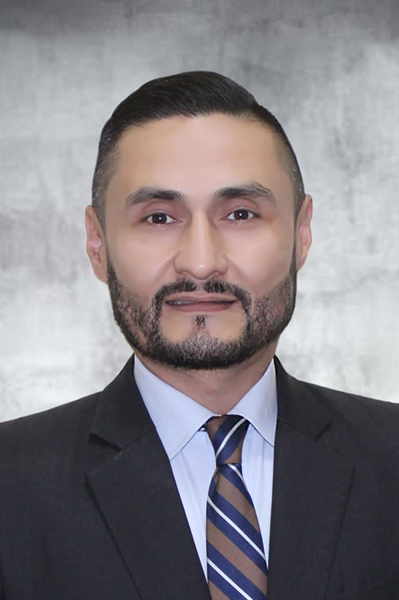
Humberto N. Macias
Arbiter
Mr. Humberto N. Macias serves as an arbiter for the PAC. Prior to this, he served as Deputy General Counsel of Honduras Próspera Inc.. He has assisted with founding and/or acquiring companies focused on soft infrastructure, including in education and private security, and he has also held positions as a transactional attorney at prestigious law firms, including Clifford Chance in Singapore and Skadden, Arps, Slate, Meagher & Flom LLP in Los Angeles, California. Mr. Macias holds a J.D. from Harvard Law School as well as a B.A. in Economics and an M.A. in Sociology from Stanford University. Mr. Macias is a Spanish-speaker and originally from Los Angeles, California.

Maria Soledad Muniz
Arbitral Officer
Soledad is an Ecuadorian lawyer with 6 years of professional experience at both local and international levels, excelling in various areas such as customs law, maritime law, corporate law, tax law, administrative law, among others, providing consultancy services to small, medium, and large companies. She completed her Law studies at the Catholic University of Santiago de Guayaquil and received several academic awards during her university years. She also pursued an LLM at The Pennsylvania State University with a specialization in Corporate Law and Procedural Law.
Arbitration
Services
Arbitration Rules/Procedures
Forms, Fees and
Calculations
Model Clause/Model Agreement
Online Services
Other Services
OurFAQ
What is arbitration?
Arbitration is a procedure in which a dispute is submitted by the agreement of the parties to one or more arbitrators, such as the Senior Arbiters and Arbiters of the PAC, who make a binding decision on the dispute. Parties may opt for a private dispute resolution procedure instead of going to court for a variety of reasons, including increased fairness, cost-effectiveness and timeliness.
What is arbitration?
Arbitration is a procedure in which a dispute is submitted by the agreement of the parties to one or more arbitrators, such as the Senior Arbiters and Arbiters of the PAC, who make a binding decision on the dispute. Parties may opt for a private dispute resolution procedure instead of going to court for a variety of reasons, including increased fairness, cost-effectiveness and timeliness.
What are the main benefits of traditional arbitration?
The main benefits of traditional arbitration include:
- Traditional arbitration is private: Arbitral proceedings, including oral hearings, are not open to the public in traditional arbitration. Parties and arbitrators are often bound by strict rules of confidentiality; thus, business secrets and sensitive information can be better protected.
- Arbitrators are experts: Parties may freely choose their arbitrators as long as they are of an impartial and independent nature. Arbitrators can be selected from different nationalities and professional fields. These mechanisms guarantee the professional and personal expertise of those who decide the dispute. Potential arbitrators at the PAC include the Senior Arbiters and Arbiters, which have been selected through stringent procedures to ensure that parties serviced by the PAC have world-class decision-makers available to them.
- Arbitral awards are enforceable: Arbitral awards can be enforced in Honduras and abroad. In fact, in many countries, arbitral awards can be enforced more easily than state court decisions. This is due in part to the application of, among others, the New York Convention on the Recognition and Enforcement of Foreign Arbitral Awards.
- Arbitration may save time and costs: Tailor-made procedures and the limited nature of appellate and/or review proceedings provide the opportunity for arbitration proceedings to be completed within a relatively short time and a more affordable cost than court proceedings. The PAC further saves time and costs by leveraging advanced technology platforms which avoid or minimize delays and costs related to, for example, travel.
How to file a case with the PAC?
Cases generally start when one party provides a Notice of Arbitration to the Administrator and the person against whom the claim is being made. Usually, the party which starts a case is called the “claimant” and the opposing party is called the “respondent.” In most cases, you must pay a filing fee when you file the document that starts the case. If you are unrepresented (i.e., you do not have an attorney) you may file documents through the mail, in person, or through our electronic filing system. Attorneys must file most documents using the PAC’s electronic filing system.
What do I do if I receive a Notice of Arbitration for a case with the PAC?
If you receive a Notice of Arbitration for a case with the PAC, then someone has decided to start a case against you at the PAC. If you receive these papers, you must file an “answer” with the PAC. There are time limits within which you have to do this. An answer is your official response to a claim filed against you. The claim makes allegations that you did certain things—or did not do certain things that you should have done—that would allow someone to sue you. Those allegations are not necessarily true; they are simply the allegations that the party suing you argues to be true. Your answer responds to those allegations; and you can also list any legal claim you want to make against the party suing you.
What do I do if I have additional questions?
You can contact us if you have questions of a general nature or if you would like a list of attorneys who have experience representing clients before the PAC. If you are a resident of the Próspera ZEDE or another ZEDE for which the PAC is the default arbitration services provider and cannot afford a private lawyer, we can also refer you to the legal aid office of your specific ZEDE, which may be able to provide you with free legal aid or legal aid at a reduced cost if you meet its eligibility requirements.
